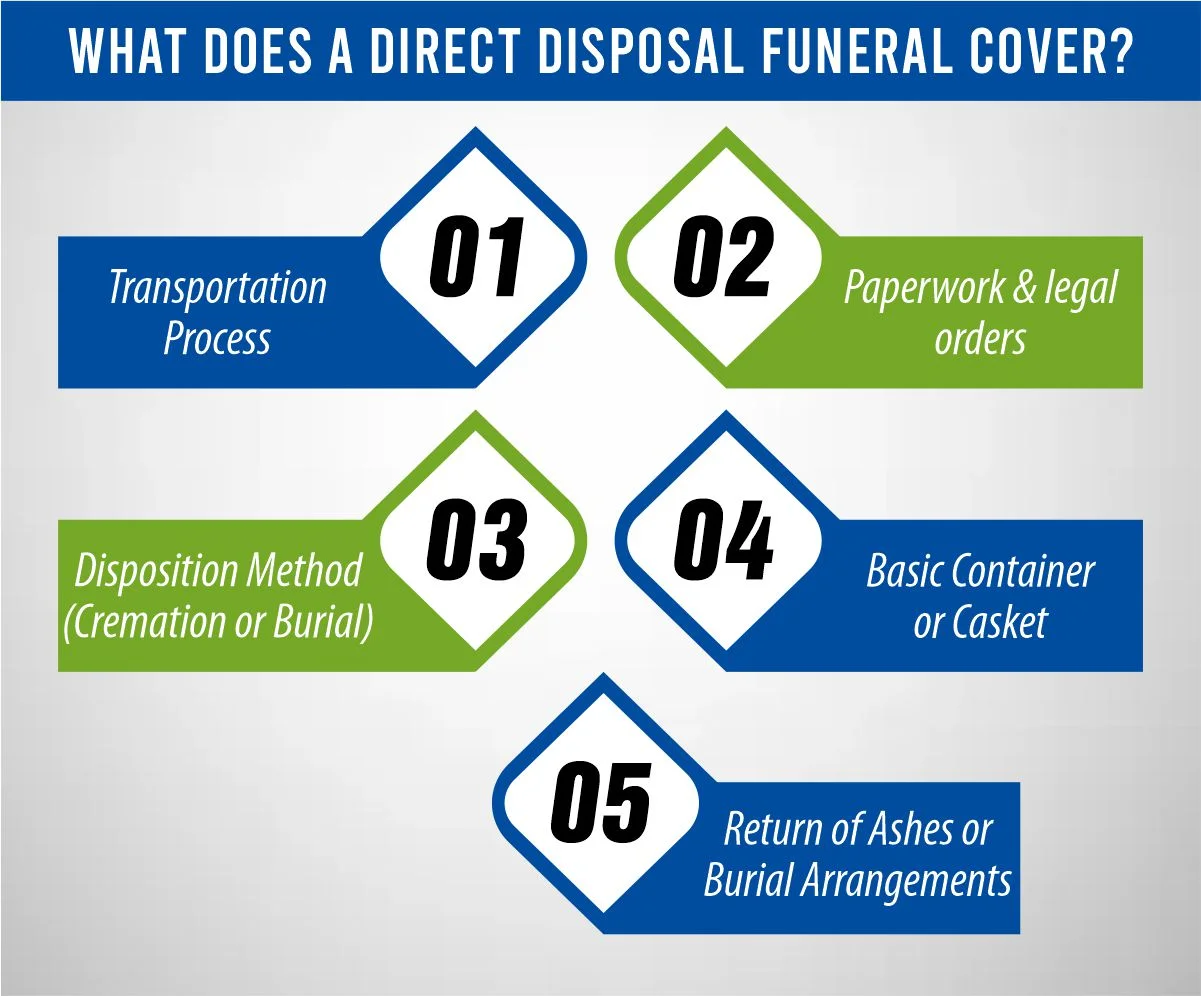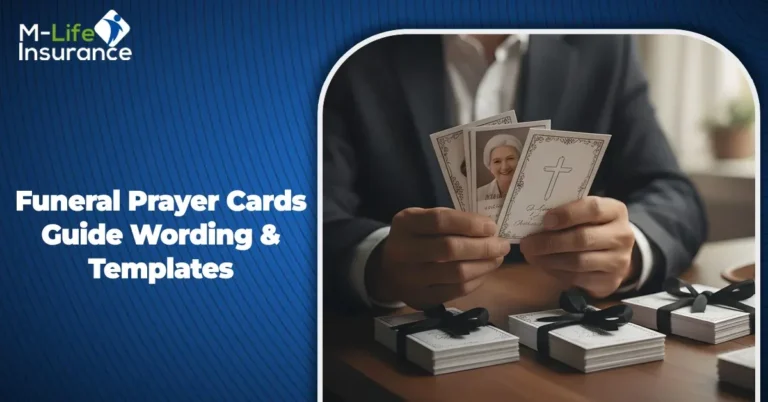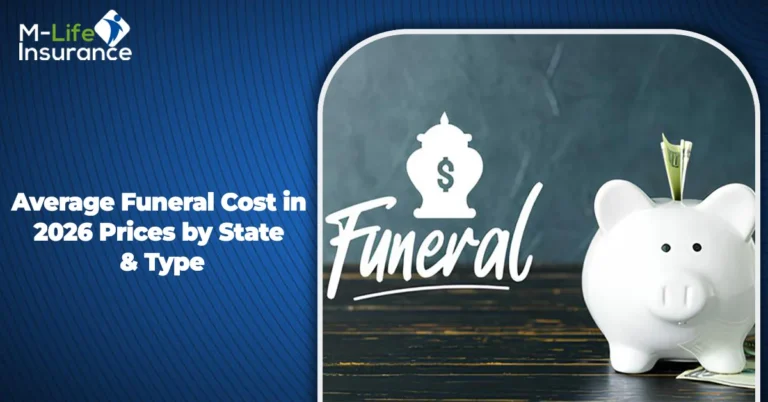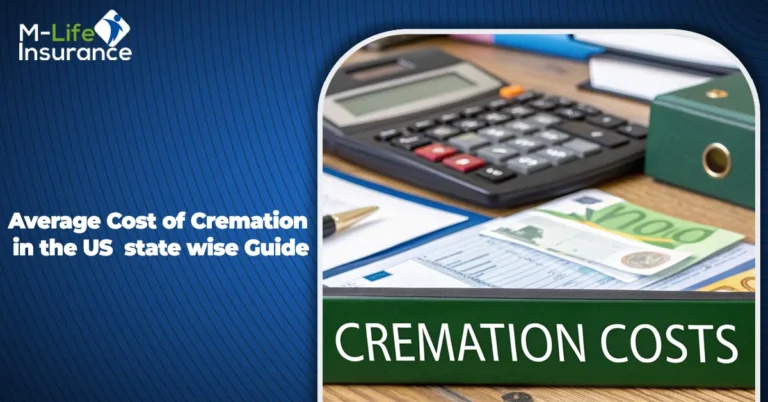Deciding how to handle a loved one’s remains can be tough. Have you thought about a direct disposal funeral? However, within the last few years, a new method has appeared that is known as the direct disposal method that excludes some features of funerals. Direct disposal is simple and involves a low cost, making it an appropriate method of placing the deceased to rest. It’s a simple option that skips big ceremonies and focuses on quick cremation or burial. But is this approach right for your family? Let’s look at what direct disposal funerals offer and see if it fits your needs.
What is a direct disposal funeral?
Direct disposal funeral is the simplest method of dealing with the final arrangements. It refers to a practice where the body is carried to a crematorium or burial ground without an official funeral ceremony. A memorial service may follow a direct disposition. No viewing, no visitation, no fuss.
What Happens?
Swift: The process is rather fast. There is no waiting for the funeral.
Intimate: You do not necessarily have to conduct a memorial service immediately, you can do it when it is convenient.
Cost-effective: The major advantage of using direct disposal is that it is cheaper compared to other funerals.
Environmentally Friendly: Cremation which falls under direct disposal is another method that has a relatively small effect on the environment in comparison to burial.
If you think it’s the direct disposal you want, you need to understand that. Compared with a conventional funeral it’s cheap.
Why do people opt for direct disposal?
And it’s increasingly popular. Why do people opt for direct disposal?
- Perhaps the person who died didn’t see the point of a funeral – what good does a funeral do?
- Perhaps there’s very little money.
- Perhaps they had lost touch with their family.
- Perhaps there’s lots of money – there usually is – but that’s not the point.
- Maybe there will be an alternative ceremony of some sort, perhaps involving the ashes – a harvest ritual as distinct from a corpse ritual.
- Yes, you can still hold a commemorative event before or afterward if you want – anything from a memorial service to a private family-and-friends affair. There are pros and there are cons. You need to think them through.
It’s all about what you believe – Some people believe that if you’re going to hold a funeral you have to have the body of the person who has died there with you. Other people don’t. They believe you can have just as meaningful an occasion without it.
Is it Right for You?
Direct disposal might be a good fit if:
- You do not like complicated things, and this applies also to clothes.
- You are short of cash.
- You want to avoid the hassles of organizing a conventional funeral service.
- Environmental concerns are important to you.
Remember that there is no perfect way to say goodbye to your loved ones. Direct disposal is only one of them. Choose the option that is best for you and your loved ones.
Who handles the cost of Direct disposition of funerals?
Direct disposition providers include cremation societies, direct disposal facilities, and funeral homes. Cremation societies may contract in advance to provide cremation for a predetermined fee. Most often the fee will include removal of the body and transportation to the cremation facility provided the death occurs within a prescribed geographical range. If death occurs outside the area additional fees will be charged. Frequently these cremations take place in very basic stripped-down facilities similar to a warehouse or a strip mall. They are typically no frills, no public admittance buildings. They are usually the lowest-cost alternative with the least amount of service options when someone dies.
Direct disposition can also be arranged through a funeral home. In this case, the family will be offered the option of viewing either with or without embalming before the cremation takes place. This viewing can be particularly important to family members who live in a different part of the state or country. Such people often have a desire to take a look at the body in case they fail to visit the scene when the person dies. The funeral director shall transport the deceased from the place of death to where the cremation is to be conducted. There are also other services that the funeral home can offer such as when the family wants to conduct a memorial service which could be done at the funeral home or any other facility of your choice.

What Does a Direct Disposal Funeral Cover?
Direct Disposal Funerals handle the basics of laying someone to rest. Here’s what you can expect:
Transportation process
They handle the entire transportation process from the place where it occurred to the funeral home.
Paperwork and legal orders
The funeral home helps with all the necessary paperwork. This includes permits and authorizations needed for the cremation or burial.
Disposition Method (Cremation or Burial)
They either cremate the body or perform a direct burial. There are no viewings or ceremonies involved.
How Much Does Life Isurance Cost?
Basic Container or Casket
For cremation, they provide a simple container. For burial, they offer a basic casket suitable for direct interment.
Return of Ashes or Burial Arrangements
After cremation, the ashes are returned to the family in a basic container. For burials, they help with the burial arrangements.
Remember, these are the standard services. Extras like fancy urns, upgraded caskets, death certificates, or additional memorial options might cost more. Talk with the funeral provider about your specific needs and any extra services you want. This helps ensure everything is covered and meets your expectations.
How much does a Direct Disposal Funeral cost?
While the cost of a Direct Disposal Funeral can vary based on location, funeral service provider, and additional optional services, here’s an approximate breakdown of the expenses involved:
Service Cost Range
Direct Cremation $800 – $3,000
Immediate Burial $1,000 – $4,000
Transportation Fees $200 – $500
Death Certificates $10 – $25 each
Urn or Casket (Optional) $50 – $1,000
Additional Services Varies
There are several things to consider regarding these fees and costs; such figures may be subject to change due to location, service provider, and any other food or items chosen by the customer. The cost highlighted above encompasses the basic aspects of a Direct Disposal Funeral and does not consider other services such as an additional memorial ceremony, obituary, or flowers, which attract extra fees.
However, it is always advisable to contact a funeral service provider to get a cost estimate on individual needs as well as the specific needs of the direct disposal service. The following table provides a brief overview of what to expect in terms of cost for this non-traditional funeral option.
Pros and Cons of Direct Disposal Funeral
Here are the pros and cons associated with Direct Disposal Funerals:
Pros:
Cost-Effectiveness:
Direct Disposal Funerals are relatively cheaper than that of traditional funerals. They eliminated most of the conventional costs like pricey receptions, fancy coffins, burial services, or even the process of preserving a body ceremonially. This makes them an affordable way of paying an honor to a loved one.
Simplicity and Efficiency:
The process is straightforward. Having a small, intimate funeral means there are no arrangements to make for a complicated ceremony or many organizations to hire. While this can be beneficial to grieving families, this also makes the process easier for them since they don’t need to worry about filling out forms or going through legal processes. All are processed fast, which can also be helpful to put things in motion.
Flexibility for Commemoration:
There is also no requirement for any ceremony as part of the services which means that families can have a memorial service at a later date if they wish. This can be at a time and location of their convenience. It offers a better way of paying tribute to the deceased as compared to other modes of burial.
Reduced Environmental Impact:
Cremation, often part of direct disposal, is typically more eco-friendly. It avoids the use of embalming chemicals and reduces land use.
Cons:
Lack of Traditional Ceremonies:
The absence of traditional rites can be tough for some. These rituals provide closure and a way to honor the deceased, which direct disposal doesn’t include.
Limited Involvement:
Without a viewing or service, some might feel they didn’t get a chance to say goodbye. This can lead to feelings of regret.
Potential Emotional Impact:
The straightforward nature of direct disposal can seem impersonal. It might not offer the emotional support that traditional funerals do.
Social Expectations:
Direct disposal might not meet the expectations of family or friends. Traditional views on funerals can cause tension if this simpler method is chosen.
Direct Disposal funeral is uncomplicated and affordable. They may be more flexible in their operations and could even be more environmentally sustainable. However, they might not give closure as the typical ceremonies do in other forms of practices of sociocultural existence. The following points are useful to weigh if this option is suitable for your family.
Conclusion
Is a direct disposal funeral right for you? It’s simple, cheaper, and lets you plan a memorial later. But it might not have the traditional parts some people want. Think about the pros and cons to decide if this approach works for your family. This way, you can honor your loved one in the best way possible.
https://insureguardian.com/direct-disposal-funeral/
https://farewells.co.uk/what-is-direct-disposal/

Joyce Espinoza, Expert Life Insurance Agent
Joyce Espinoza is a trusted life insurance agent at mLifeInsurance.com. She’s been in the insurance industry for over ten years, helping people, especially those with special health conditions to find the right coverage. At MLife Insurance, Joyce writes easy-to-understand articles that help readers make smart choices about life insurance. Previously, she worked directly with clients at Mlife Insurance, advising nearly 3,000 of them on life insurance options.





